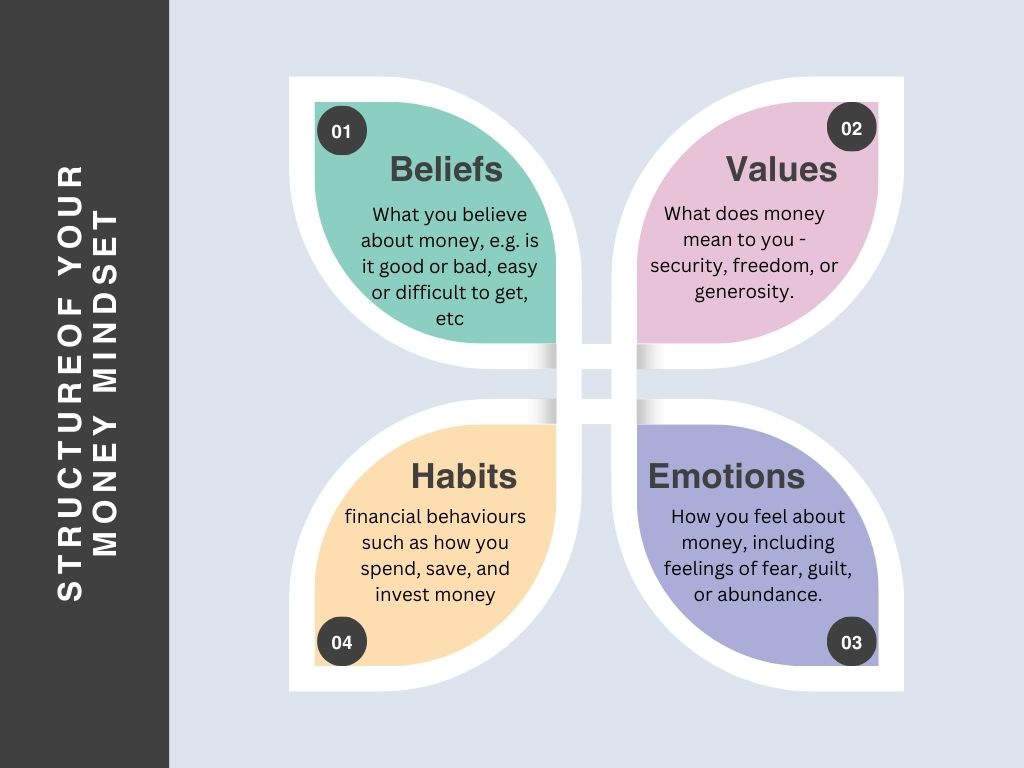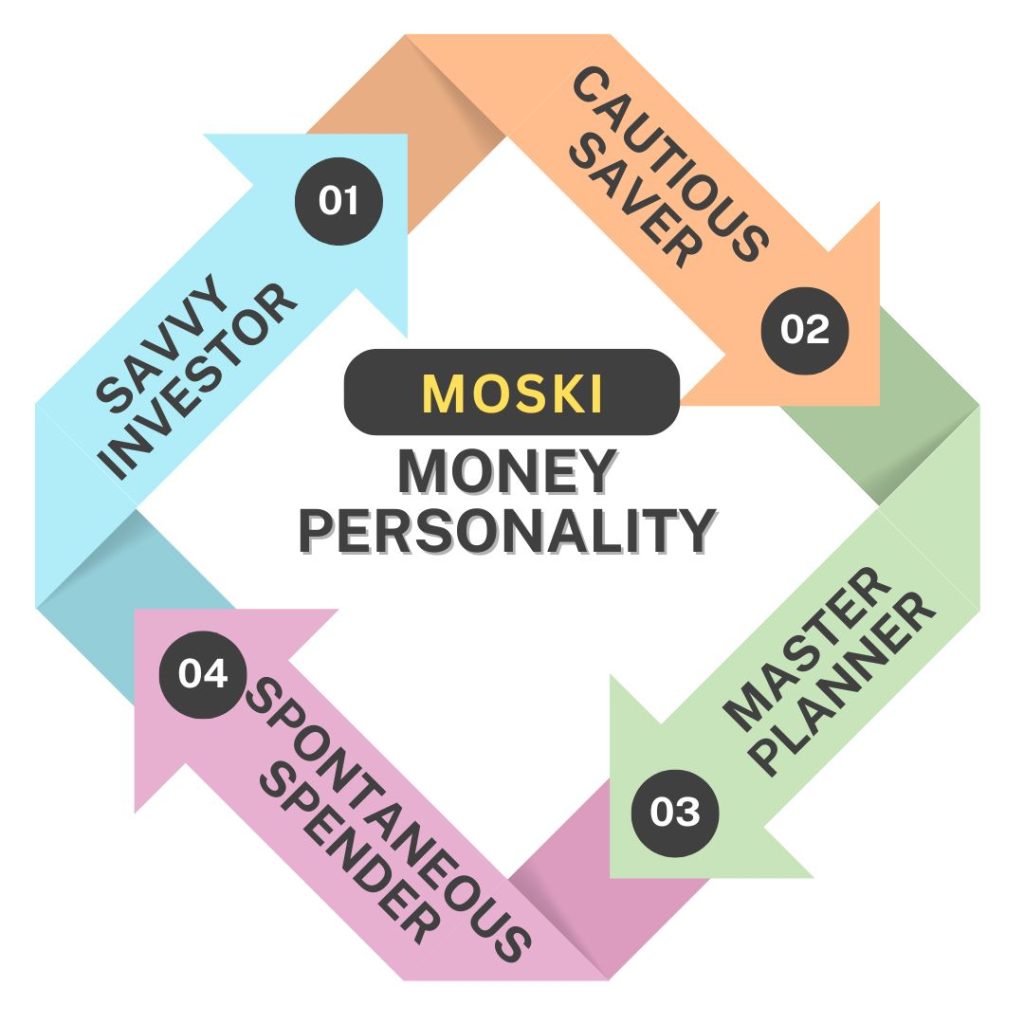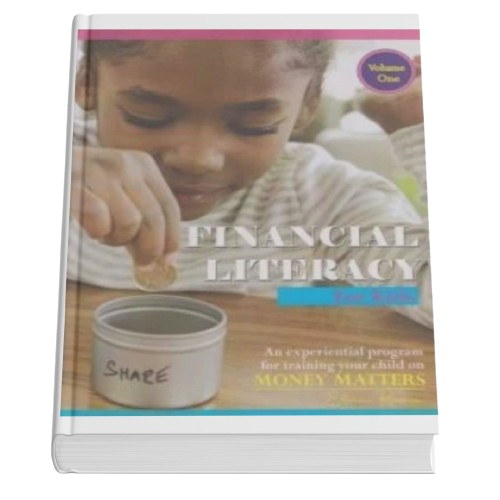Relationships, Money, and Your Future
The balancing act
As you stand at the threshold of adulthood, you’re about to embark on a journey where relationships and money intertwine in ways you might not expect in social situations, personal relationships, and even professional networks.
Let’s explore how to navigate this terrain with wisdom, integrity, and a clear vision for your future.
People Over Profit
While financial stability is important, it’s crucial to remember that genuine relationships are priceless. True friends, supportive family members, and authentic romantic partners contribute to your happiness and well-being in ways that money simply cannot. Prioritize building and maintaining these relationships over solely chasing financial gain.
Practical tip: Regularly set aside time for meaningful interactions with loved ones, even if it means occasionally turning down overtime or a lucrative opportunity.
Financial Compatibility
Money is one of the leading causes of stress in relationships. Learning to discuss financial matters openly and honestly with friends and family members, is a vital skill. It involves understanding each other’s financial values, goals, and habits.
Practical tip: Start small by discussing budget-friendly date ideas or group activities with friends. As relationships deepen, gradually introduce more serious financial topics.
Mutual Growth
The best relationships, whether friendships or romantic partnerships, encourage personal growth – including financial growth. Surround yourself with people who support your financial goals and inspire you to make wise decisions. At the same time, be that positive influence for others.
Practical tip: Share your financial goals with close friends or partners. Encourage each other and celebrate financial milestones together, no matter how small.
Money as a Tool, Not a Master
Developing a healthy relationship with money is crucial for your future happiness and success. It’s important to view money as a means to achieve your goals and improve your life, rather than as the ultimate goal itself.
Means to an End
Money is a tool that can help you achieve your dreams, whether that’s traveling the world, starting a business, or buying a home. However, it’s essential to remember that money itself doesn’t guarantee happiness or fulfillment. Focus on how you can use money to create the life you want, rather than accumulating wealth for its own sake.
Practical tip: For every financial goal you set, identify the underlying reason why it’s important to you. This will help you stay motivated and ensure your financial pursuits align with your values.
Value-Based Spending
Making financial decisions based on your personal values leads to greater satisfaction and less regret. This doesn’t mean never treating yourself, but rather ensuring that your larger financial choices reflect what’s truly important to you.
Practical tip: Create a list of your top 5 values (e.g., education, family, health, creativity). Before making significant purchases, consider how they align with these values.
Avoiding the Comparison Trap
In the age of social media, it’s easy to fall into the trap of comparing your financial situation to others. Remember that appearances can be deceiving, and everyone’s financial journey is unique. Focus on your own goals and progress rather than trying to keep up with others.
Practical tip: Conduct a “social media audit.” Unfollow or mute accounts that make you feel bad about your financial situation and instead follow accounts that offer positive financial advice and inspiration.
Building Financial Wisdom
Developing financial wisdom is a lifelong journey that starts now. By cultivating smart financial habits and attitudes early, you’ll set yourself up for a future of financial stability and freedom.
Delayed Gratification
The ability to resist immediate rewards in favor of greater future benefits is a key indicator of financial success. This skill allows you to save for important goals, invest for the future, and avoid impulsive purchases that can derail your financial plans.
Practical tip: Practice the 30-day rule for non-essential purchases. If you want something, wait 30 days before buying it. Often, you’ll find the urge has passed, saving you money.
Ethical Earning
As you begin your career journey, it’s important to pursue success through hard work, innovation, and integrity. Avoid get-rich-quick schemes or opportunities that require you to compromise your values. Ethical earning ensures sustainable success and peace of mind.
Practical tip: Research potential employers or business opportunities thoroughly. Look for companies or ventures that align with your values and have a positive reputation for treating employees and customers fairly.
Generosity Mindset

Cultivating a spirit of generosity can enrich your life in unexpected ways. Whether it’s donating to causes you care about, volunteering your time, or helping friends in need, generosity often leads to increased happiness and can even open up new opportunities.
Practical tip: Set aside a small portion of your income (even 1% to start) for charitable giving. Research causes you’re passionate about and make it a habit to contribute regularly.
Discover Your Money Personality
Understanding your unique approach to money is a crucial step in mastering your finances. Our money personalities often develop early and can significantly influence our financial decisions throughout life. By gaining insight into your financial behaviors, you can leverage your strengths and work on your weaknesses.

Take our Money Personality Test to gain insights into your financial behaviors and receive personalized advice on balancing relationships and finances.
- Identify your primary money management style
- Understand your financial strengths and potential blind spots
- Receive personalized advice on how to improve your financial decision-making
- Learn how to better communicate about money in your relationships
Remember, there’s no “perfect” money personality – each type has its own strengths and challenges. The key is to understand yourself better and use that knowledge to make informed financial choices.
True wealth lies in a life rich with meaningful relationships and experiences, supported by sound financial decisions.








